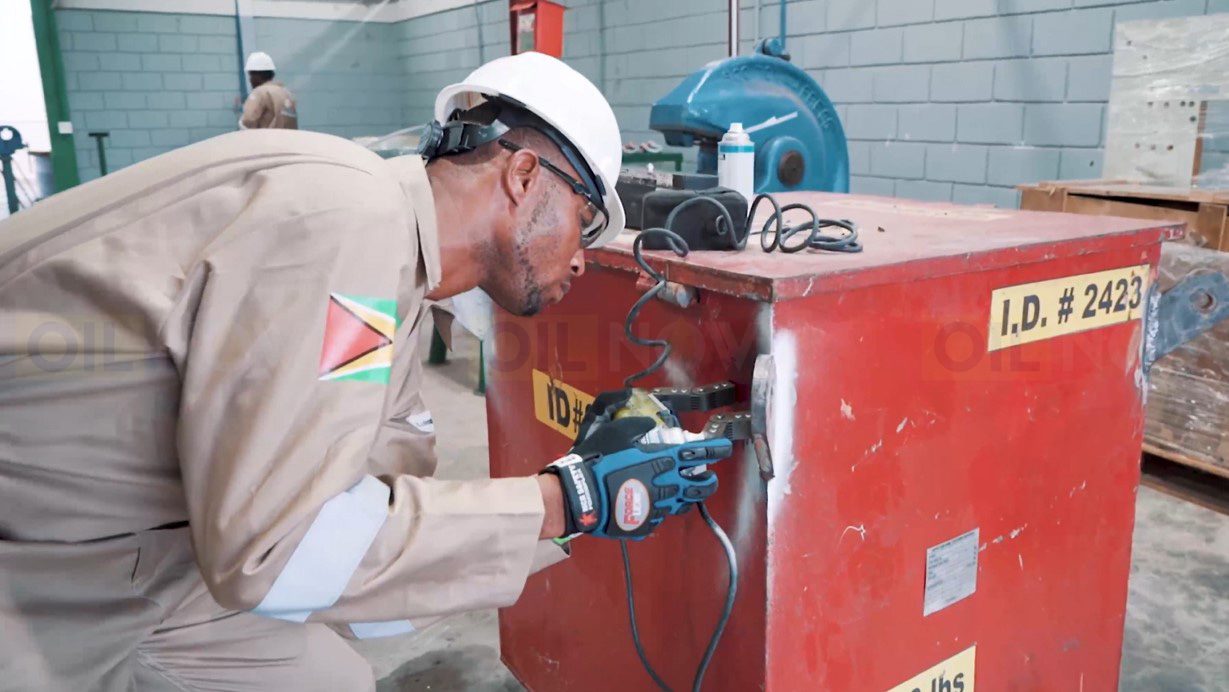Guyanese authorities have already attuned their minds to the reality that skilled labour will have to be imported soon to support the swelling tide of oil-related developments.
President of Guyana, Dr. Mohamed Irfaan Ali gave the most recent nod of acknowledgement on this matter while addressing the 31st Annual General Meeting for the Private Sector Commission on April 18.
Ali said, “Over the long-term, and as our economy grows further, we will have to look towards the importation of skilled labour. Our population is much too small to sustain an economy which has tripled in size in recent years.”
The Guyanese leader said too that the pace of the massive transformational projects in the country, such as the imminent Gas-to-Energy project, has resulted in the shortage of both skilled and unskilled labour.
Guyana’s Economic Boom and the Labour Market | OilNOW
He said that upon assuming office, government had taken steps to train persons to become part of the industry. But even that is not moving quickly enough. “Clearly now, the rate of development has outstripped the rate of new skilled entrants into the labour market,” Ali said.
While this is the case, he said work must continue on training more locals to take up key positions in the labour market. In this regard, he said the administration and the business community must collaborate on special policies and programmes that target more women and youth.
Ali said it is critical that the right partnerships are forged now to “address extant and future challenges to our economy and the well-being of our citizens.”
Last year, Guyana was cautioned by the International Labour Organisation (ILO) about the potential impacts of labour shortage on its economic growth. The ILO had said Guyana not only lacks more than 60% of the technical skills needed to keep up with its rapid pace of development, but also highlighted that graduates were not being churned out quickly enough to meet the growing demand.
It was also noted that Guyana will need at least 160,000 more workers to sustain its oil-related growth. The organisation predicted that this would be fulfilled by looking to other territories.



